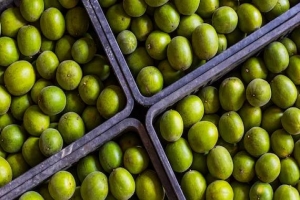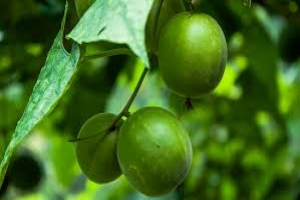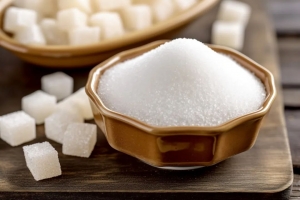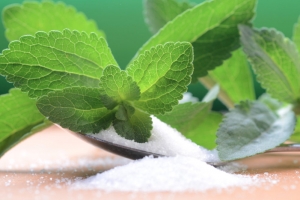Allulose, a low-calorie “rare sugar” popular in North America and parts of Asia, is gaining interest across South America as the region's regulatory bodies consider its potential as a sugar substitute. Known for its low glycemic index and nearly zero calories, allulose offers a taste and texture close to regular sugar, making it a favored alternative for health-conscious consumers.
In countries like Brazil, the rise in demand for low-calorie sweeteners has driven industry players to explore regulatory approval pathways similar to those established in the U.S. and Japan. Companies in the region are currently engaging with health authorities to assess allulose's safety profile and suitability for the South American market. If approved, allulose could become a key ingredient in the region's push toward reducing sugar consumption and addressing related health issues, such as obesity and diabetes.
Several South American nations are taking a collaborative approach to evaluate the ingredient’s benefits, with some local industry leaders advocating for regional harmonization of regulations. The goal is to streamline approvals, ensuring that allulose can be introduced across multiple markets with consistent safety standards and labeling requirements.
Industry experts believe that the success of allulose's approval in South America could open doors for a wave of innovation in food and beverage products, as manufacturers strive to meet growing consumer demand for healthier sugar alternatives.
 The regulation of Monk Fruit Extract (also known as Luo Han Guo extract) varies across different cou
The regulation of Monk Fruit Extract (also known as Luo Han Guo extract) varies across different cou
 Health Canada Approves Monk Fruit Extract as a Natural Sweetener
Health Canada Approves Monk Fruit Extract as a Natural Sweetener
 New Breakthrough in Allulose: A Healthier Sugar Alternative Gains Momentum
New Breakthrough in Allulose: A Healthier Sugar Alternative Gains Momentum
 Understanding Reb-M: The Benefits of a Next-Generation Sweetener
Understanding Reb-M: The Benefits of a Next-Generation Sweetener